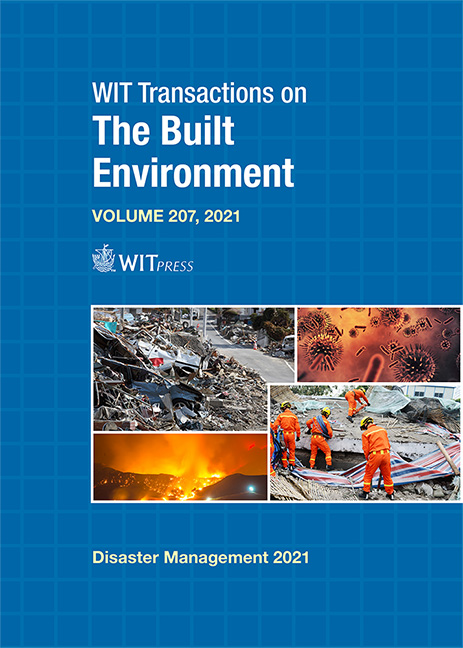ECONOMIC RISKS FACING AFGHANISTAN: FAILED STATES AND BUREAUCRATIC RESISTANCE
Price
Free (open access)
Transaction
Volume
207
Pages
9
Page Range
109 - 117
Published
2022
Paper DOI
10.2495/DMAN210091
Copyright
Author(s)
J. RYAN TESTON, MEGAN E. KONYNDYK, ROBERT C. FERGUSON, AUDREY HEFFRON-CASSERLEIGH
Abstract
The future of Afghan geopolitics is difficult to predict. Given the current state of infrastructure as well as pending currency collapse, and considering rapid inflation in the country, Afghanistan faces the risk of becoming a failed state if it is unable to secure stable relationships with bordering countries such as Pakistan, China, and Russia. The Taliban now have control of natural resources in the country that were last valued at $3 trillion. Some of these resources are in extremely high demand globally and could point to a large profit source for Afghanistan, or a conflict hotbed, should the Taliban be unable to maintain stability and security. Pakistani officials are speculating Afghanistan could join the China–Pakistan Economic Corridor (CPEC) and senior Taliban officials have expressed a desire for positive relations with China, as well as openness to China’s interest in potential investment in mining in Afghanistan. Lack of recognition by the United States for the Taliban as the official leader of Afghanistan, as well as US and United Nations Security Council Sanctions on Afghanistan have had major impacts on investment and flow of aid to the country. The threat of terrorist organizations within Afghanistan will impact its geopolitical relations and ability to develop economic partnerships.
Keywords
Afghanistan, China, Pakistan, economy, risk, Taliban, terrorism, opium, mining




